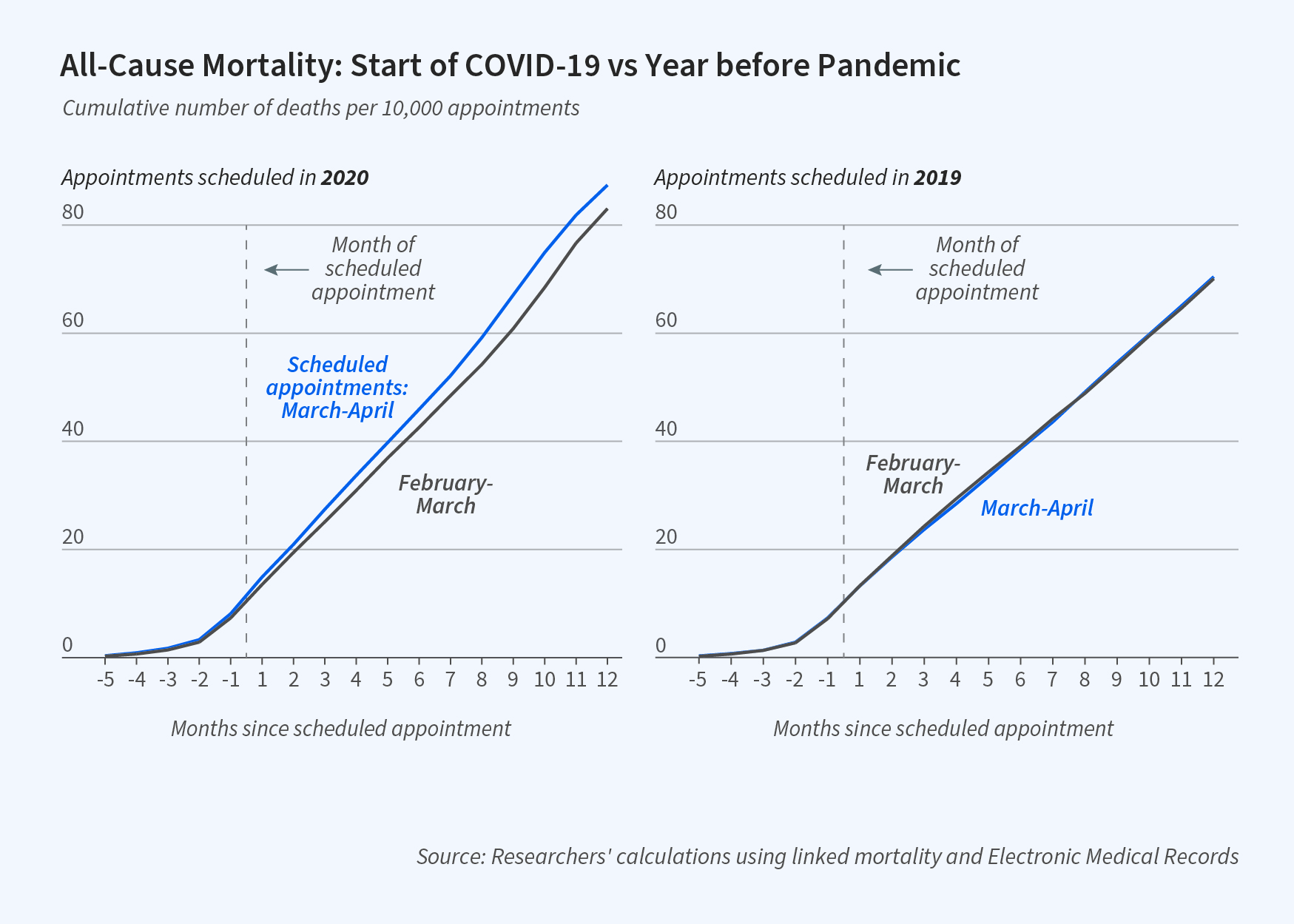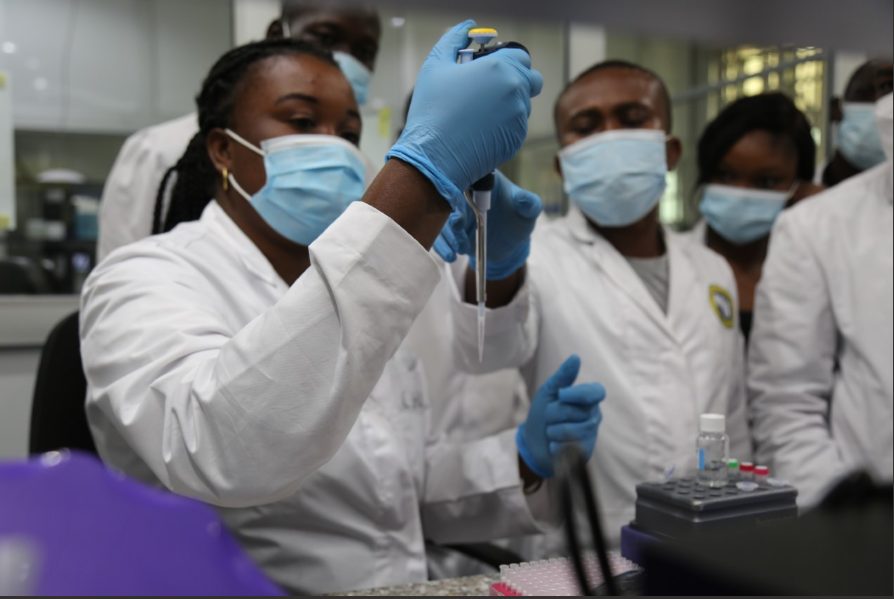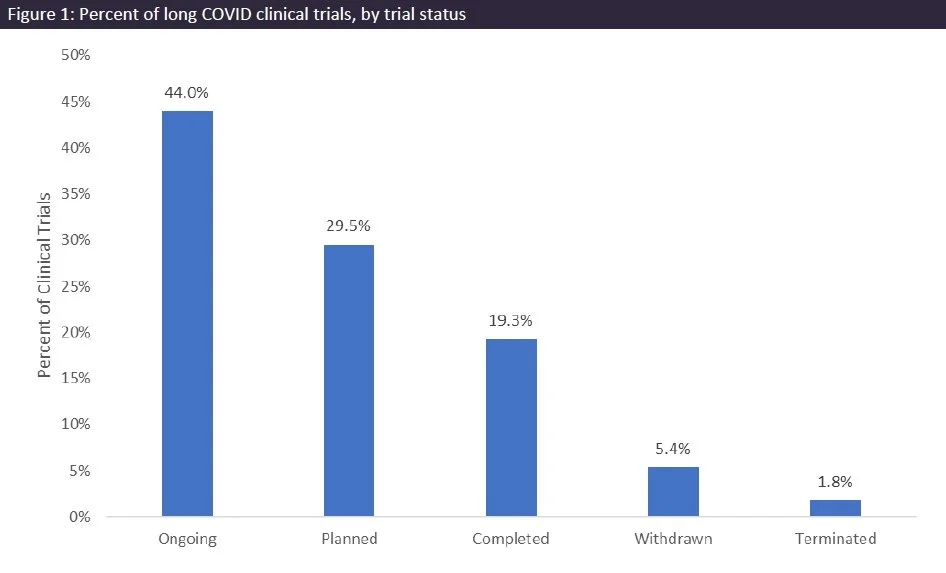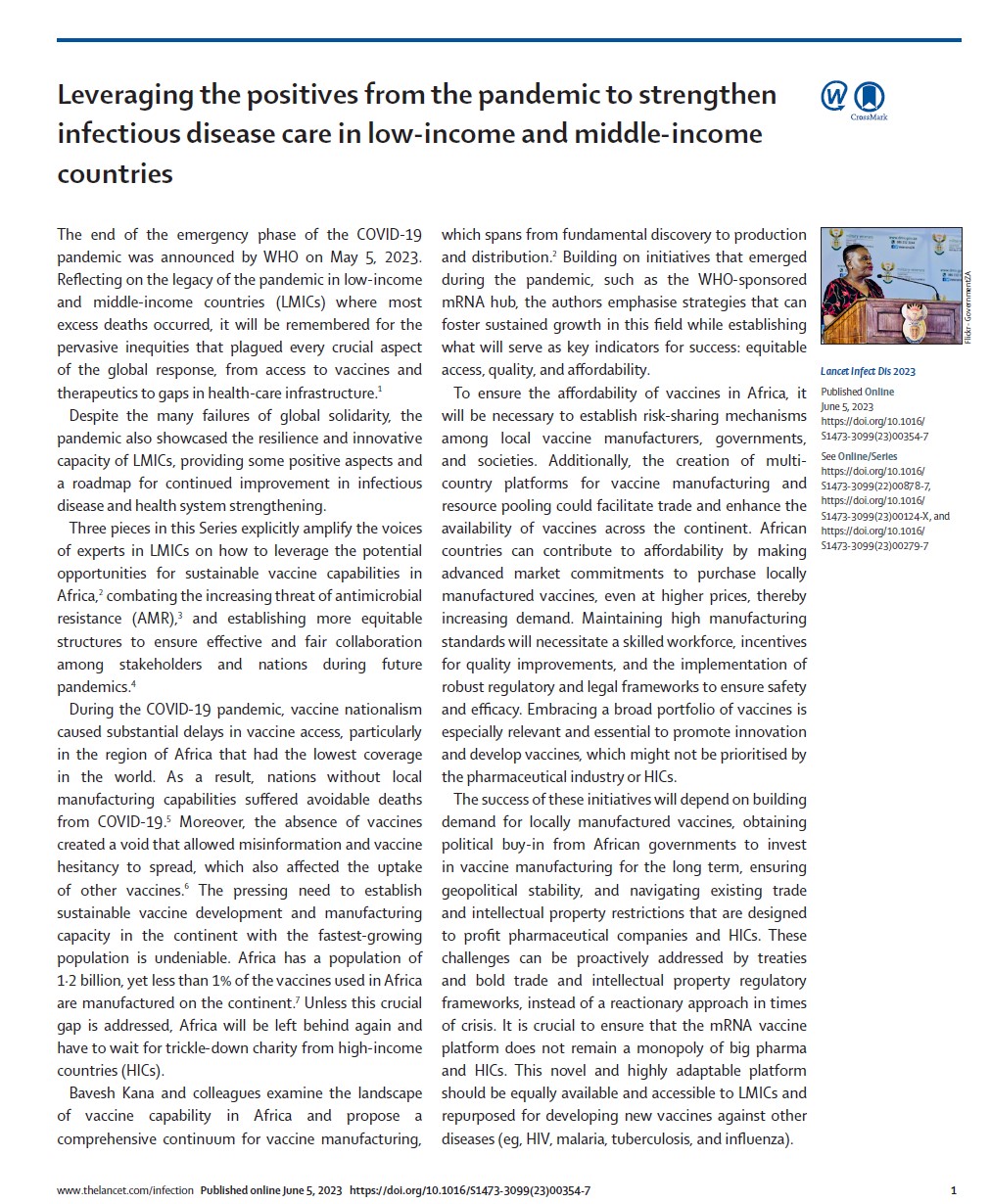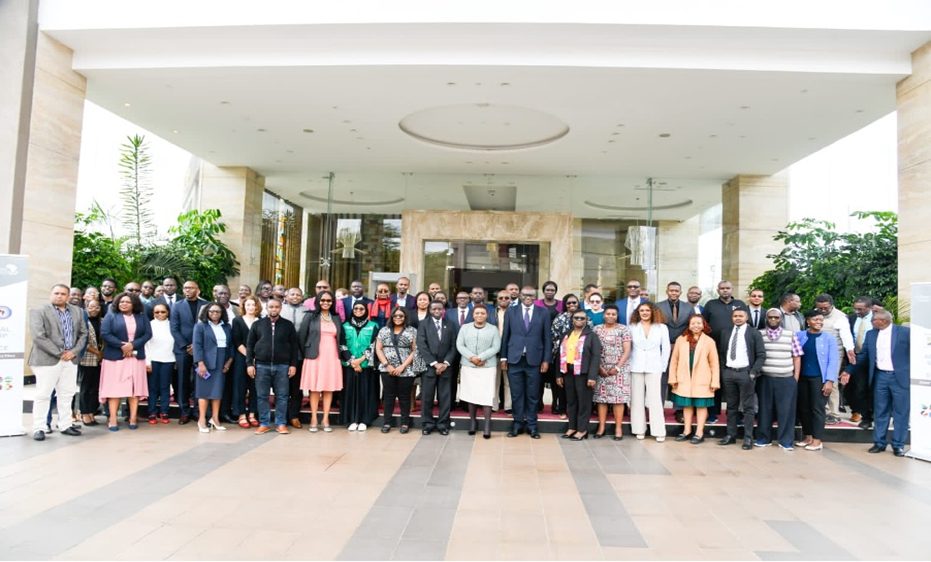NBER
A new study of COVID-19-related disruptions in health care sheds light on the value of nonurgent medical care.
Africa CDC
“We were able to use COVID-19 as an opportunity to establish and strengthen our systems,” notes Dr Yenew Kebede, Africa CDC.
Clinical Trials Arena
Long Covid consists of a wide range of conditions that can last for weeks, months, or even years after infection.
WSWS
A study published last month in JAMA Network Open found that since the start of the COVID-19 pandemic, the rate of new cases of type 1 diabetes mellitus in children has increased far beyond expectations.
Gavi
How did this strange new world affect babies born during the height of the pandemic? Our research sought to find out.
Gavi
The data shows that the vaccine is highly effective in preventing COVID-19 in young children, especially in preventing severe disease or death.
Gavi
Scientists are increasingly recognising that COVID-19 can have lasting and debilitating neurological symptoms, as well as causing structural changes to the brain.
The Lancet
Data in small sets of immunocompetent persons demonstrate higher neutralisation against these variants after receiving a bivalent vaccine as well as protection against symptomatic infection.
The Lancet
Reflecting on the legacy of the pandemic in low-income and middle-income countries (LMICs) where most excess deaths occurred, it will be remembered for the pervasive inequities that plagued every crucial aspect of the global response, from access to vaccines and therapeutics to gaps in health-care infrastructure.
Africa CDC
Over 70 Experts from 15 African Union Member States in East and Southern Africa under the One-Health Approach convened in Nairobi, Kenya to review the Antimicrobial (AMR) stewardship guidelines and forge a way towards the implementation of the AMR surveillance systems.


